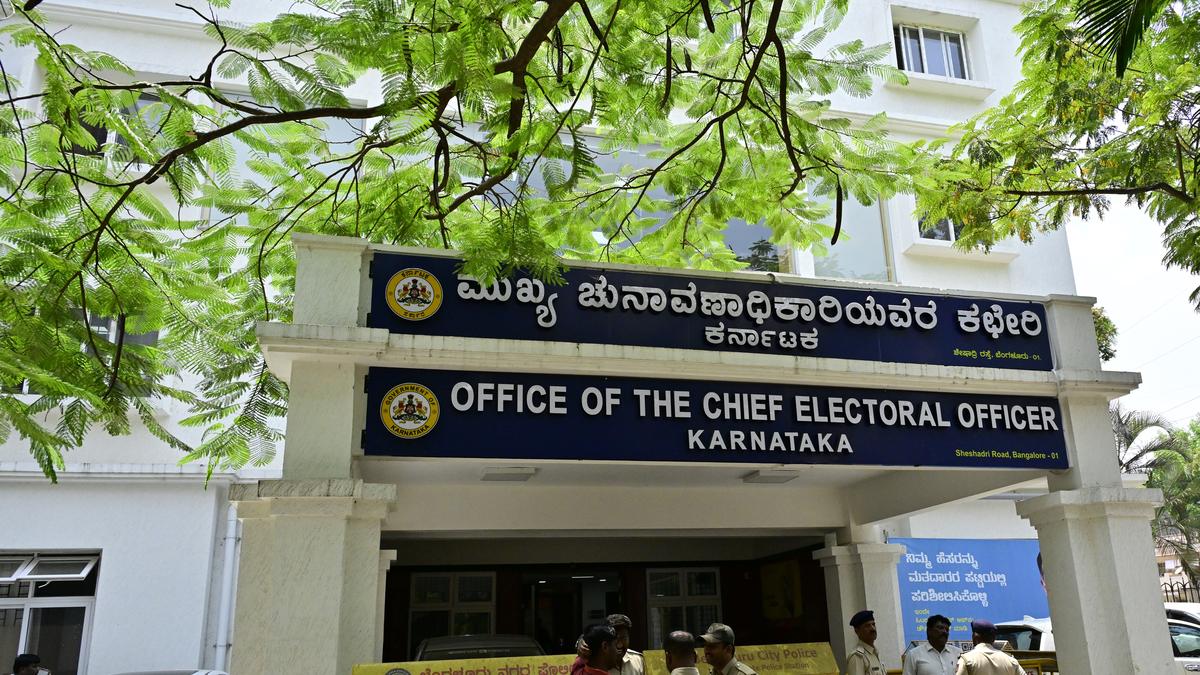The Employees’ Provident Fund Organisation (EPFO) on Thursday (September 18, 2025) launched a new facility called the ‘Passbook Lite’ within its members’ portal, which will provide a summarised view of the passbook with contributions, withdrawals, and current balance. Currently, members need to log in separately to the ‘Passbook Portal’ to check their Provident Fund details.
Announcing the reform, Union Labour Minister Mansukh Mandaviya said the dual login system often caused delays, password synchronisation issues, and other grievances. He said the new move would reduce the load on the ‘Passbook Portal’ and improves operational efficiency. “For detailed and comprehensive view of passbook, including graphical display, the existing ‘Passbook Portal’ can still be accessed,” the Minister said.
“The initiative is expected to reduce grievances, improve transparency, and enhance member satisfaction,” he said.
The EPFO also enabled online access to ‘Annexure K’ (Transfer Certificate) for PF transfer transparency. At present, when employees change jobs, their PF accounts are transferred to the new employer’s PF office through Form 13 online. After transfer, a Transfer Certificate (Annexure K) is generated by the previous PF office and sent to the new PF office.
“Until now, Annexure K was only shared between PF offices and was made available to members only on their request. From today (Thursday), members can directly download Annexure K in PDF format from the members’ portal itself,” he said.
By doing this, the Minister said, the members can track the status of transfer applications online. “This ensures full transparency and allows members to easily verify their PF transfers. They can also confirm that PF balance and service period are correctly updated in the new account,” he said.
The Minister said multi-layered approval process often led to delays and longer processing times for members’ claims. “EPFO has reduced and rationalised the approval hierarchy. Powers that earlier rested with Regional Provident Fund Commissioner/Officer-in-Charge have now been delegated to Assistant P.F. Commissioners and subordinate levels in a structured, tiered manner,” he said.



.png)
.png)
.png)
















 1 hour ago
5
1 hour ago
5









 English (US) ·
English (US) ·